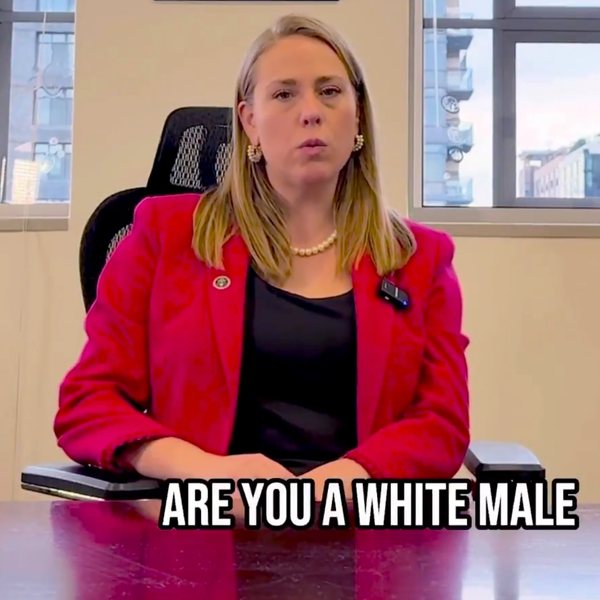Republicans — And Some Democrats! — Push Banking Deregulation

Reprinted with permission from AlterNet.
By Cody Fenwick
Even as Congress drops the ball on crucial issues like gun control and DACA, lawmakers plan to move forward this week with something virtually no one is asking for: bank deregulation.
Republicans are pushing for a bill that would start to roll back the landmark Dodd-Frank legislation that was passed in 2010 to rein in the financial sector after the misbehavior that led to the Great Recession. Now, just about 10 years after the financial crisis that destroyed millions of jobs and devastated the country, Republicans want to weaken Dodd-Frank and unleash some of the banks’ worst tendencies.
Some Senate Democrats are going to let them. Twelve Democratic senators are planning to vote for the bill, which means it can’t be filibustered.
Sen. Elizabeth Warren (D-MA), a proponent of financial regulation and consumer protection, said the bill is about “fulfilling the wish lists of big bank lobbyists.”
“If we lose the final vote next week, we’ll be paving the way for the next big crash,” she added.
The bill reduces oversight of banks with assets between $50 billion and $250 billion, supposedly to help “community banks.” But this is senseless spin—only about 25 banks fall into this category, and they are among the 38 biggest banks in the country.
There are another 6,000 or so actual community banks in the United States with assets less than $10 billion, according to Michael Barr, former assistant secretary for financial institutions with the U.S. Department of the Treasury and one of the architects of Dodd-Frank.
While there may be times when Democratic senators in swing states have to break with their party to avoid electoral consequences, does anybody really believe that key voters are calling for banking deregulation? Make no mistake: The bill puts America at risk of another recession.
Barr argues that the new legislation will let many large banks off the hook for key tests to ensure that they could withstand a financial crisis. Without close monitoring of these banks, we’ll increase the risk that the banking system will collapse—again.
“Understanding those risks is essential if we are to have a safer financial system than the one we had before the financial crisis,” he writes. “We must not intentionally blind regulators to these risks in advance.”
He also points out that the bill will weaken consumer protections, leaving vulnerable families to be taken advantage of by unscrupulous institutions.
Barr concludes: “It’s bad enough that the administration is rolling back enforcement at the Consumer Financial Protection Bureau. Congress does not need to join in the parade.”
Cody Fenwick is a reporter and editor. Follow him on Twitter @codytfenwick.








